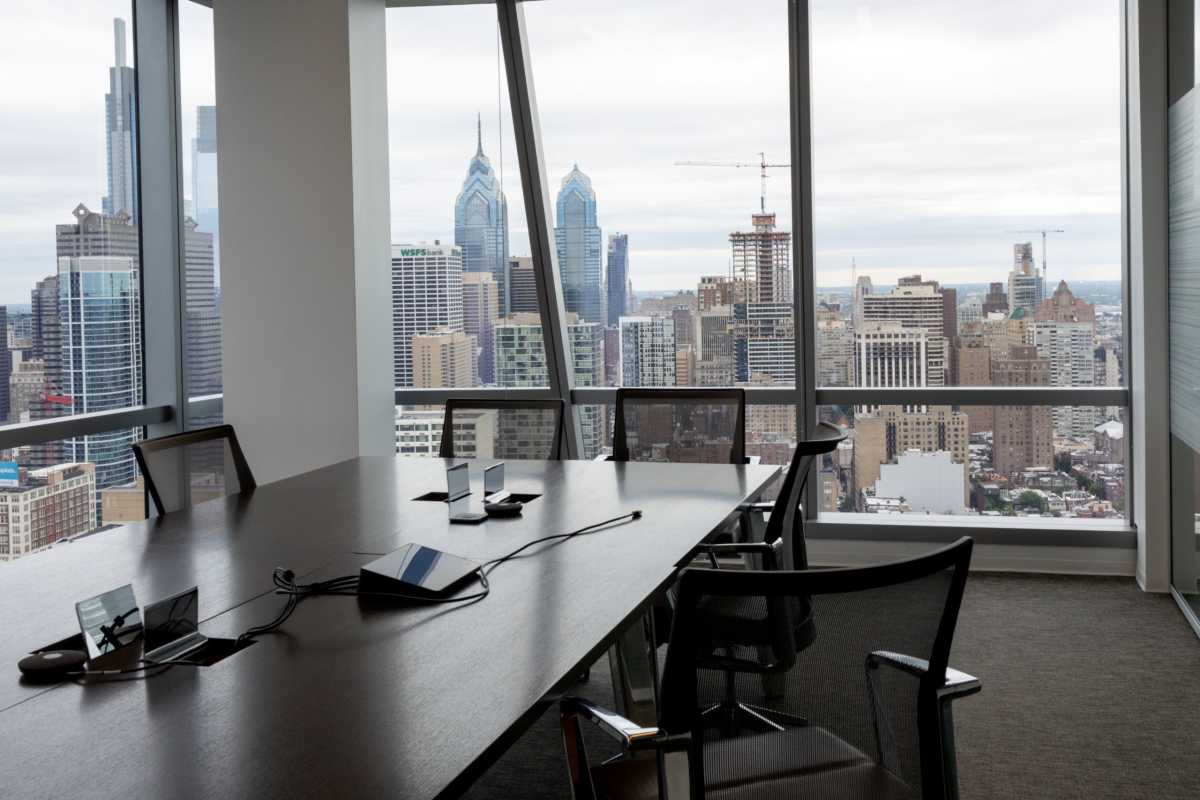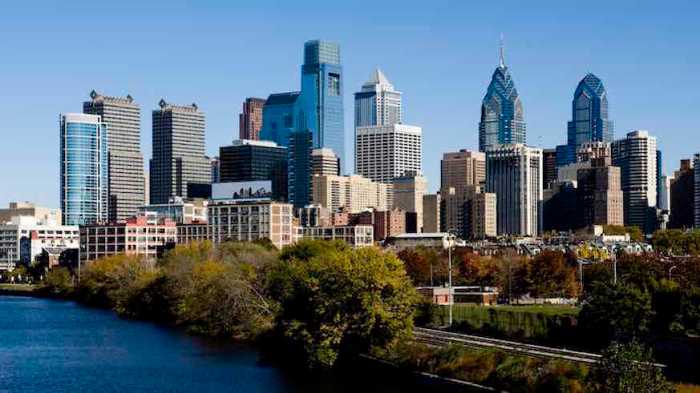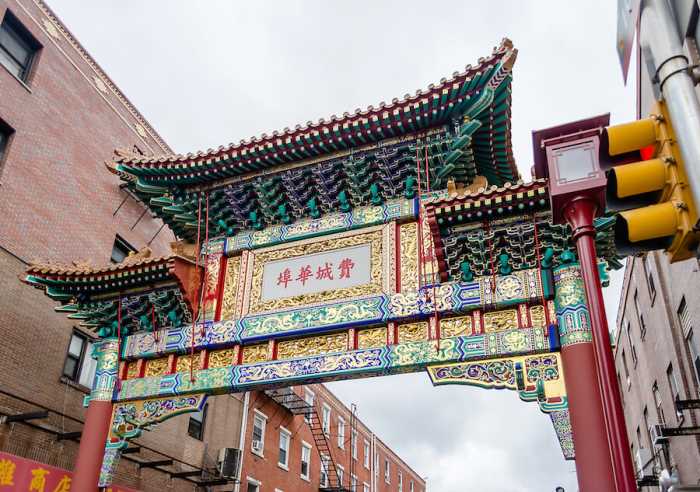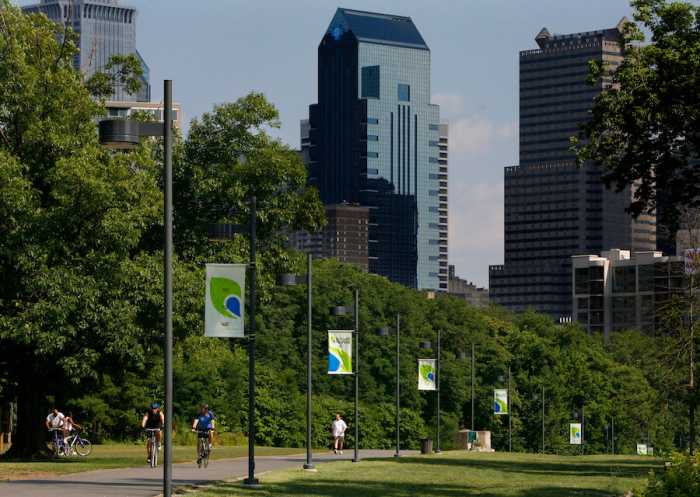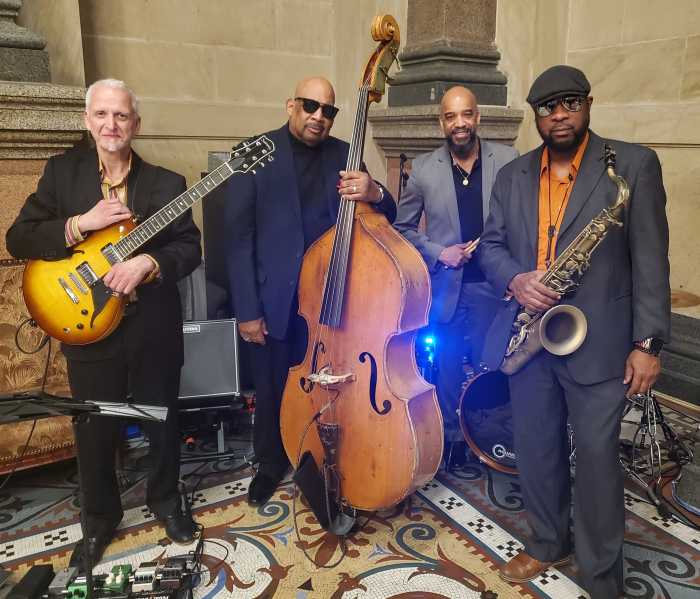Philadelphia’s economy has not bounced back from the coronavirus-fueled downturn as fast as the nation’s, or that of comparable cities, according to a new report.
The sluggish rebound has had a disproportionate impact on Black, female and low-income workers, said the analysis, released Wednesday by the Pew Charitable Trusts.
Prior to the pandemic, the city’s economy was humming along at its best pace in years, with nearly 85,000 jobs added between 2010 and 2019. However, much of the gains went to suburban commuters, leaving many Philadelphians confined to poorly-paying jobs.
For example, city residents accounted for more than three-quarters of all people employed in the leisure and hospitality industry, which, in 2019, had a median annual salary of $21,100, the report found.
In the city’s more lucrative finance and information sector (median salary: $63,400), about 45% of workers lived outside of Philadelphia.
The number of jobs in the city is down 7.6% from 2019, before the virus, compared to 2.6% for the United States as a whole. Meanwhile, Washington, D.C.’s employment numbers are down 6%, New York’s 10%, and Baltimore has experienced a 1% growth in jobs.
More jobs were lost in Philadelphia’s low-paying industries, particularly leisure and hospitality, and Black workers and those without college degrees were most likely to lose their positions.
Similar totals of Black and white Philadelphians filed unemployment claims at the onset of the pandemic, but Black residents’ claims remained higher for a longer period of time and fell more slowly, according to the analysis.
Pew hopes city officials consider the report ahead of budget season. Mayor Jim Kenney usually unveils his proposed spending plan in March or April.
“I think the key takeaways here are that the city’s economy thus far has underperformed the nation and some other cities since the pandemic began,” said Larry Eichel, senior advisor to Pew’s Philadelphia research and policy initiative.
“And that some of the changes we’ve seen in the way the economy operates looks like they’re going to be long-lasting,” he added.
Perhaps the change that will most affect the municipal budget is the continued popularity of remote work and its effect on the wage tax, a key part of the city’s revenue.
During last year’s budget talks, the Kenney administration projected that 15% of suburban commuters would never return to the office, resulting in a $100 million revenue hit.
Pew’s study estimated that 14% to 27% of people who worked in-person before the pandemic would continue conducting their business at home full-time or some of the time. That equates to 11,300 to 18,900 fewer employees in the city each day, many of whom work in higher-paying positions, according to the analysis.
Suburbanites commuting into the city have to pay Philadelphia’s wage tax; those who remain at home do not and can apply for a refund. All city residents are subject to the tax.
Kenney’s administration has sought to move the city away from its reliance on the wage tax, a volatile source of revenue compared to property taxes, which many other localities use to fund the bulk of their spending.
Some, including the recently-formed Inclusive Growth Coalition, a group of Chamber of Commerce organizations, have been advocating for reductions in the wage and business income and receipts (BIRT) taxes, saying the levies inhibit the city’s growth.
But progressives in City Council have sought to deter such cuts, arguing that the city should be using its funds to support small businesses instead of pursuing a trickle-down approach.
Wednesday’s analysis was the first in a series of reports Pew is releasing in collaboration with the William Penn Foundation.
“We have a report coming out in several weeks that looks at a number of scenarios for the city’s economy over the next three or four years,” Eichel told Metro.
“This is part of a big effort that’s going to last well into next year where we look at Philadelphia’s fiscal future,” he added. “We want to help officials get the information they need to make decisions.”



